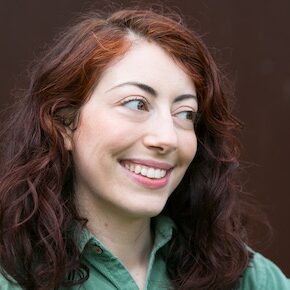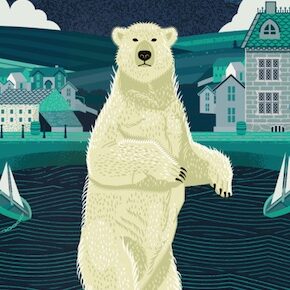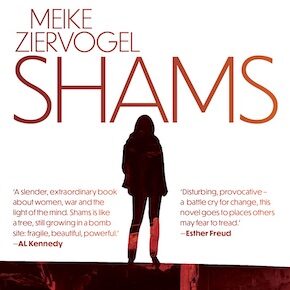
Stink, seduction and surrender
OUTSIDE, IN THE CITY, life begins early, between four and five in the morning. That’s usually when she goes to sleep, and she doesn’t stir until well into late morning, more like around noon. She’s getting on now, in her eighth decade. She shouldn’t really be here anymore – her type isn’t meant to survive...
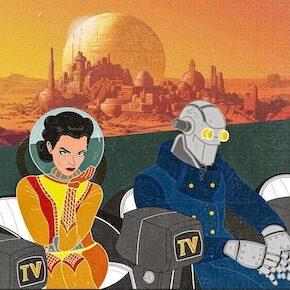
Space unicorns and magic ovens
I’M SITTING WITH MA as she prepares dinner. It’s one of her rules, of which there are more every year. “I don’t mind cooking for you, Jem, while you’re young,” she says. “But I’m not your servant and I’m not working while you watch TV or read comics. So it’s either homework, or come keep...

The heron and the snake
THERE WAS ONE DAY where we took a drive in Lee’s van, piling all in the back. We were all the same knees and elbows, like one of us had six instead of only two apiece. We were close with each other then like that. Then we didn’t have anywhere to go so Lee just...

That first day in Central Park
SOME DAYS, YOU WANT TO TELL ME everything that you remember. You remember when we met. Tavern on the Green, July 1967. You were waitressing to pay for books at Cooper Union. I had just graduated from Wharton and was taking my father’s clients to lunch. It was my era of “at least it’ll make...
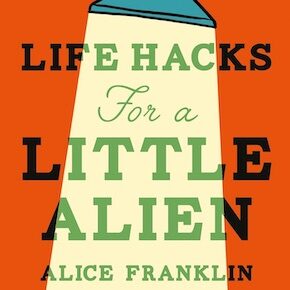
How it goes
YOU ARE SITTING on the living room floor, spooning strawberry yoghurt onto the carpet. On the carpet, an insect crawls. Your mum asks what you’re doing even though it’s obvious what you’re doing – you’re spooning strawberry yoghurt onto the carpet where an insect crawls. ‘What are you doing?’ your mum asks. Her question is...
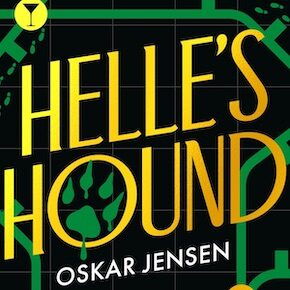
At the funeral
‘WE THEREFORE COMMIT her body to the deep …’ Leyla Moradi started in surprise. Admittedly, she hadn’t attended many Anglican funeral services, but something about the wording seemed a bit off. ‘… to be turned into corruption, looking for the resurrection of the body, when the sea shall give up her dead…’ She risked a...
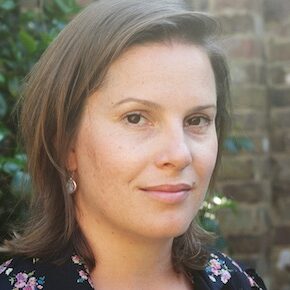
Friends and traitors
IMAGINE A GROUP OF BEST FRIENDS from university, now in their early forties, reuniting for a weekend to celebrate their enduring friendship. But this isn’t just any reunion – they’re about to open predictions they made about each other twenty years ago. This is the intriguing premise of Holly Watt’s sophisticated crime thriller, a page-turner...

That first night
I WORE A DRESS on the night I first met Ming. A crowd swarmed the union bar, and my shoulders jostled as boys dressed as girls and girls dressed as boys pushed in and out of the front line. A tightness seized my brain, a vacuum-pack seal over its folds. I looked up. Large paper...


